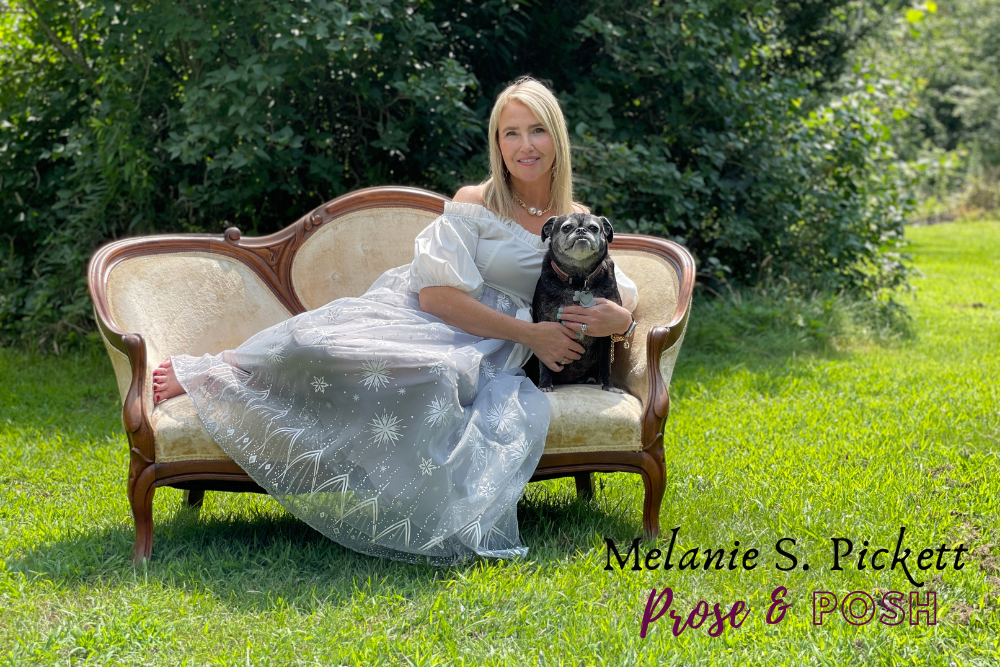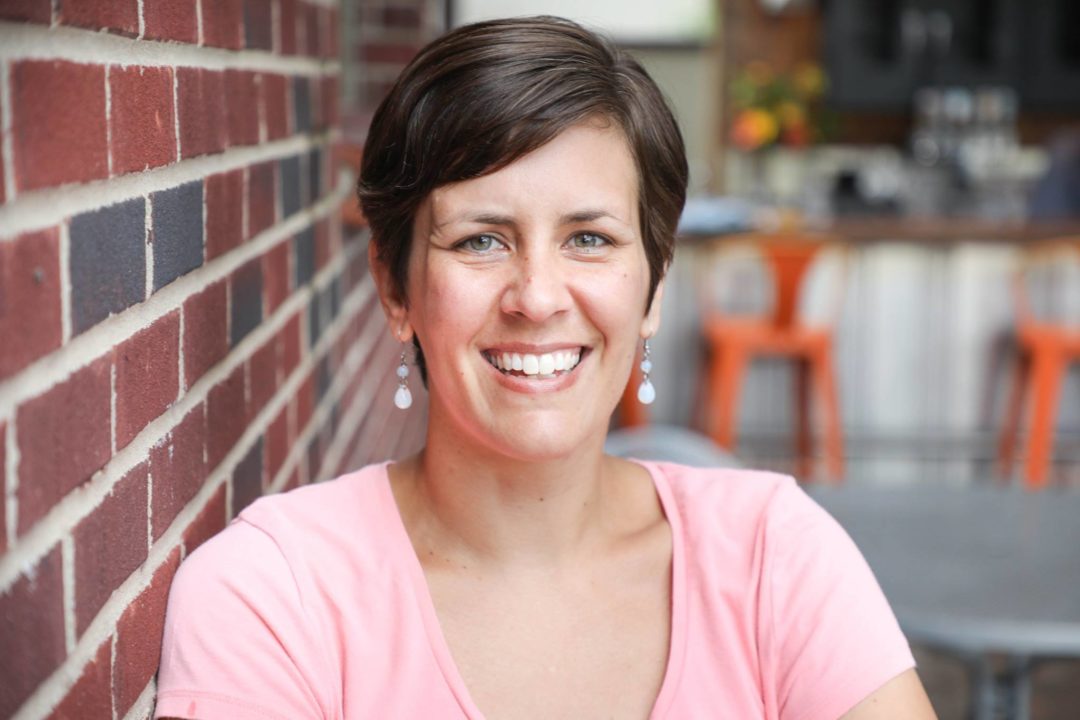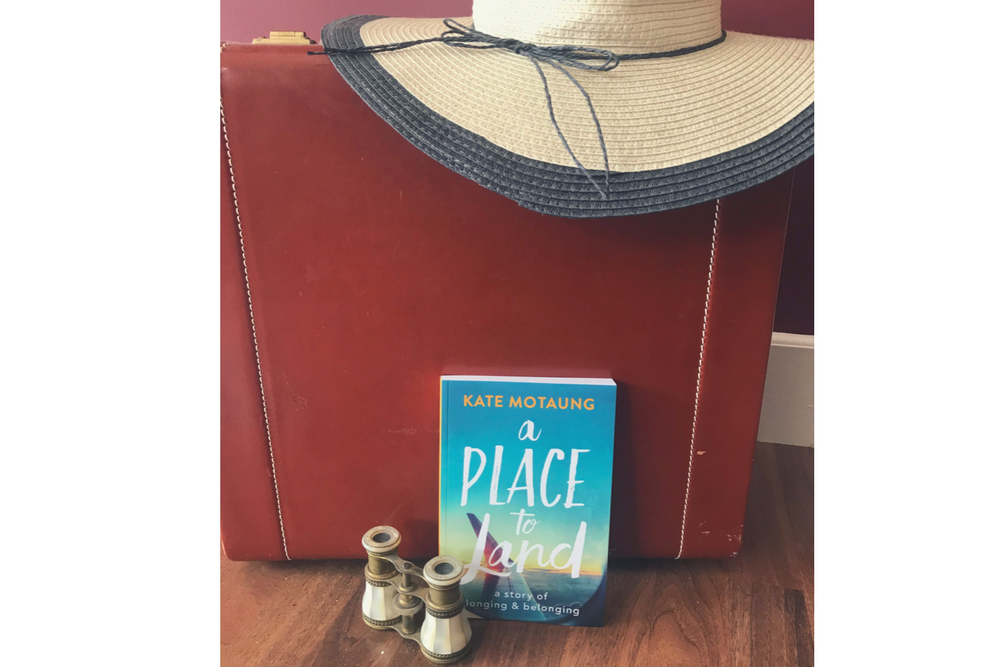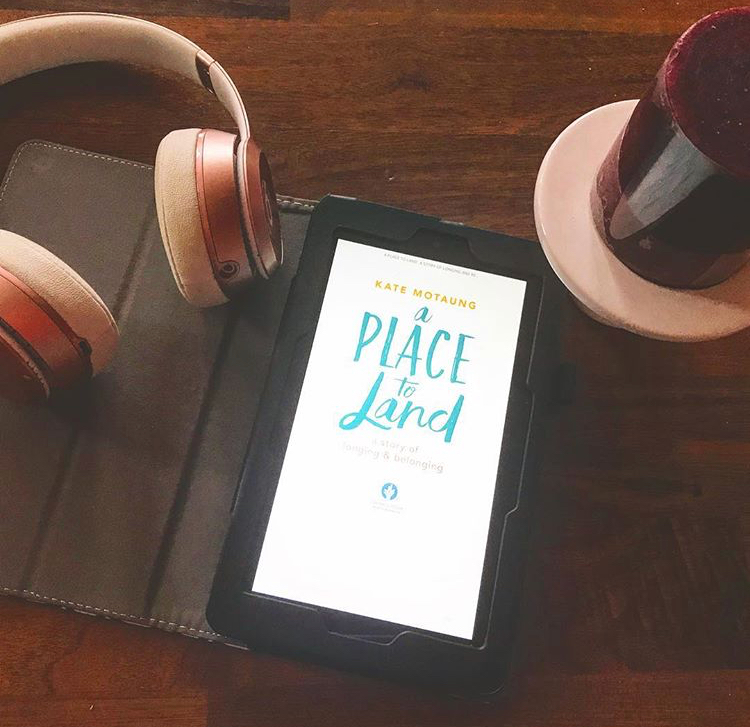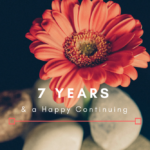Have you ever longed for a place to be? The place where you fit, where you’re expected, welcomed, and loved? When the door opens, you’re absorbed in because you’ve been waited for, longed for.
We have an inherent need and desire to belong and author Kate Motaung writes beautifully about that in her new book A Place to Land: A Story of Longing and Belonging. Read what Kate has to say about her heart, her personal story, and her journey to belonging.
Q: What can readers expect from your book?
KM: A Place to Land is a memoir, so readers can expect real-life storytelling. They can expect to travel with me from my childhood in Michigan to my young adulthood in Cape Town, South Africa. I should also warn potential readers that the book does walk through some difficult topics like divorce, my mom’s cancer diagnoses, and her eventual death.
It is a heavy book, by my prayer is that readers will find it therapeutic to reflect on their own difficult situations (even if it involves tears in the process), and that eventually they will land in a place of hope.
Q: Who do you think will relate most to your story?
KM: Well, hopefully A Place to Land will resonate with people with a wide variety of experiences and backgrounds, but I think especially for those who are familiar with:
• Divorced parents
• Moving frequently
• Feeling unsettled
• Longing for more
• Dealing with cancer
• Grief
• Loss of a mother (or loved one)
• Living cross-culturally
Q: What do you hope readers gain from reading A Place to Land?
KM: My hope and prayer for my readers is threefold:
1) I pray that A Place to Land would increase their longing to spend eternity with God. I don’t presume to have any idea as to what heaven will be like, except for what Scripture has revealed to us. But I do think that the vast majority of us have a diluted, lukewarm view of eternity. We lack a depth of eager anticipation, and I believe that negatively affects our choices and attitudes in this life.
I’ve learned through writing this book that intentionally keeping an eternal perspective at the forefront of my mind does wonders for my countenance, attitude, and actions. It has changed me in ways I never expected.
2) I pray that they would find hope in Christ in the midst of their suffering and grief. He is the only one who can relieve our pain. I pray that the readers of this book will find their anchor in Him amidst the turbulent trials of this life, holding fast to the truth that “our light and momentary troubles are achieving for us an eternal glory that far outweighs them all” (2 Corinthians 4:17).
3) I pray that they would be reminded that this world is not our home. For some, that is a comfort, knowing that one day those who trust in Christ will lay aside all their pain and suffering in exchange for a sin-free existence forever in the presence of their Redeemer. For others, this realization could be a bit disconcerting. Many of us make a great effort to find comfort, fulfillment, and satisfaction here in this life, and we don’t like the idea of giving it up.
Before writing this book, I struggled with that a lot. I would get incredibly sentimental over certain material things. Now, the Lord is teaching me that those are all part of what Jesus calls “treasures on earth, where moth and rust destroy and where thieves break in and steal” (Matthew 6:19).
Instead, He calls us to “lay up for yourselves treasures in heaven, where neither moth nor rust destroys and where thieves do not break in and steal. For where your treasure is, there your heart will be also” (Matthew 6:20-21). Writing A Place to Land challenged me to consider where I’m storing my treasure.
Q: How did writing your memoir change or challenge you spiritually?
KM: Writing memoir is an incredibly sanctifying process. For one thing, there are so many steps involved in writing a book of any kind—planning, writing, editing, revising, waiting, trusting, sending, giving, laboring some more, promoting . . . the list goes on. I expected that writing and publishing a book would be a monumental task, but going into it I had no idea how much it would stretch and grow me spiritually.
With memoir in particular, because the story itself is your own, many emotions get tangled up in the process. I struggled to know which stories to include and which to leave out—what would strengthen the main theme? What would resonate with readers? Which stories will fall flat? Which sections do I want to share out of my own pride, and not because they will benefit my reader or contribute to the goals for the book? I had a hard time trying to discern how much of my story to tell without telling too much or too little. Doubt came into play, and I questioned whether anyone at all would benefit from
the finished product.
Then during the editing process, it’s very easy to take the editor’s suggestions personally. Thankfully, I was blessed to work with some incredibly gracious editors. I never felt as if they were being condescending, disrespectful, patronizing, or flippant. They carried my story with grace and support, while still offering helpful suggestions to make the book stronger overall. I never felt as if my voice was removed, altered, or stepped on during the editing process, but I can imagine that for other authors, it might be really hard to hear a professional in the field tell you that certain aspects of your story
aren’t worth being published. During this stage it’s important to swallow your pride and
humbly accept advice from others.
When it came to making revisions, there were days when I felt that I had nothing more to give. If I had already put my best foot forward in the first few drafts, what else did I have to offer? I would stare at my screen and not know what to do. This phase really forced me to increase my dependence on the Lord. I had to trust that whatever words He wanted in the book, He would keep there, and whichever words He didn’t want would be cut out.
As I neared publication and my first readers got access to the book, the dark clouds of fear threatened on the horizon. What would people think? Would they think the book was a waste of their time? Would they think the quality was poor? Would they think my story was boring or too sad or self-consumed? At this point, the Lord continually reminded me that it doesn’t matter what others think. Though this is a lesson I need to learn on a daily basis, I keep going back to the truth that only God’s opinion matters. If
I’ve offered my best to Him and for His glory and not my own, nothing else matters. So I guess looking back, the whole publication process is one big exercise in faith—trusting God to open doors and lead the way as He sees fit, and for His purposes.
Q: Which verses from the Bible do you think would be helpful or encouraging to
those dealing with difficult circumstances?
KM: One passage that has comforted me over and over again comes from 2 Corinthians: “Therefore we do not lose heart. Though outwardly we are wasting away, yet inwardly we are being renewed day by day. For our light and momentary troubles are achieving for us an eternal glory that far outweighs them all. So we fix our eyes not on what is seen, but on what is unseen, since what is seen is temporary, but what is unseen is eternal” (2 Corinthians 4:16-18).
Here’s where to find Kate’s book!
Where to find Kate: Kate Motaung is the author of A Place to Land: A Story of Longing and Belonging
(2018), A Start-Up Guide for Online Christian Writers, and Letters to Grief. She is the
host of Five Minute Friday, an online community that encourages and equips Christian writers, and owner of Refine Services, a company that offers writing, editing, and digital marketing services. Kate blogs at Heading Home and you can connect with her on Facebook, Twitter, and Instagram.
